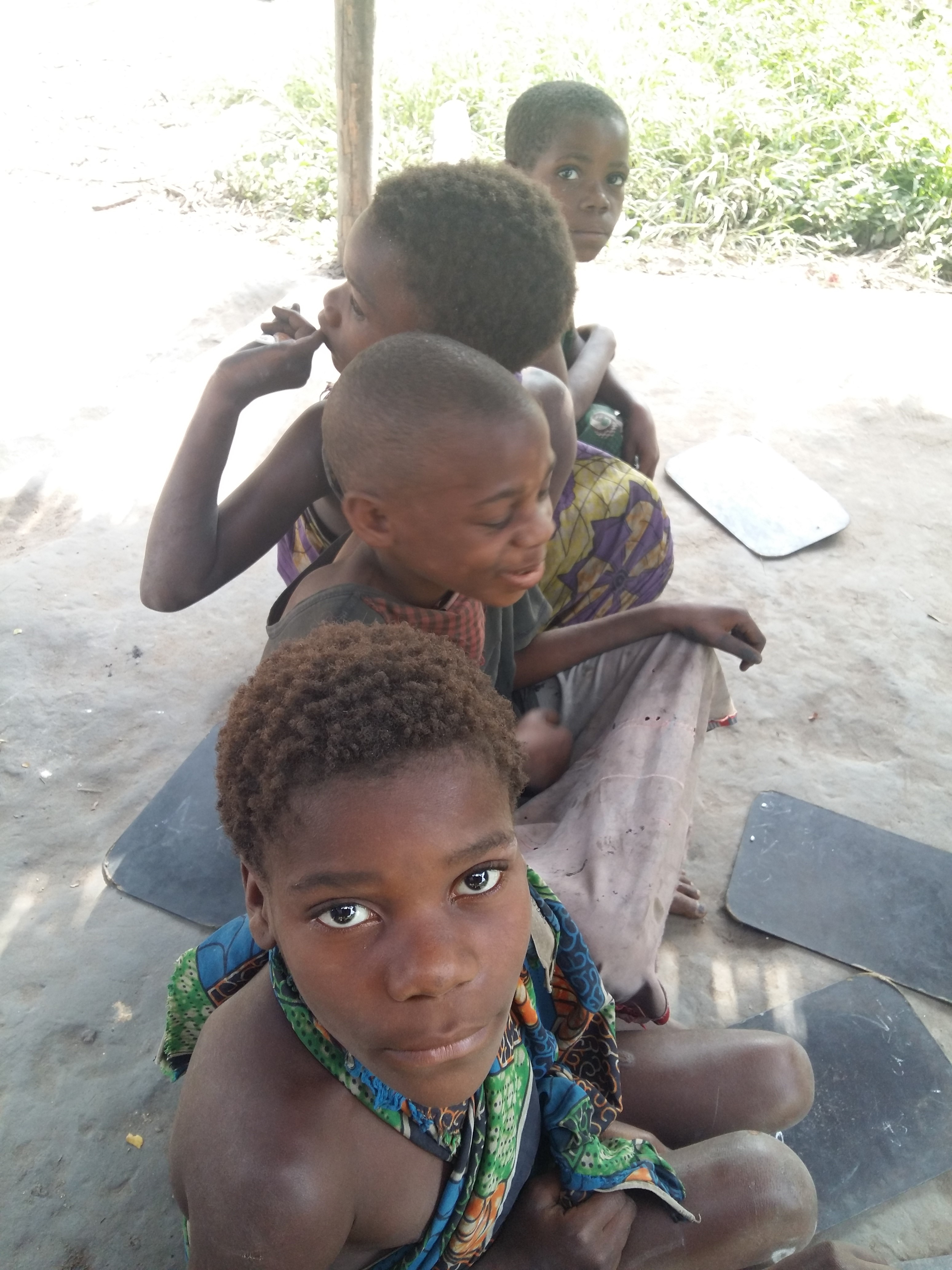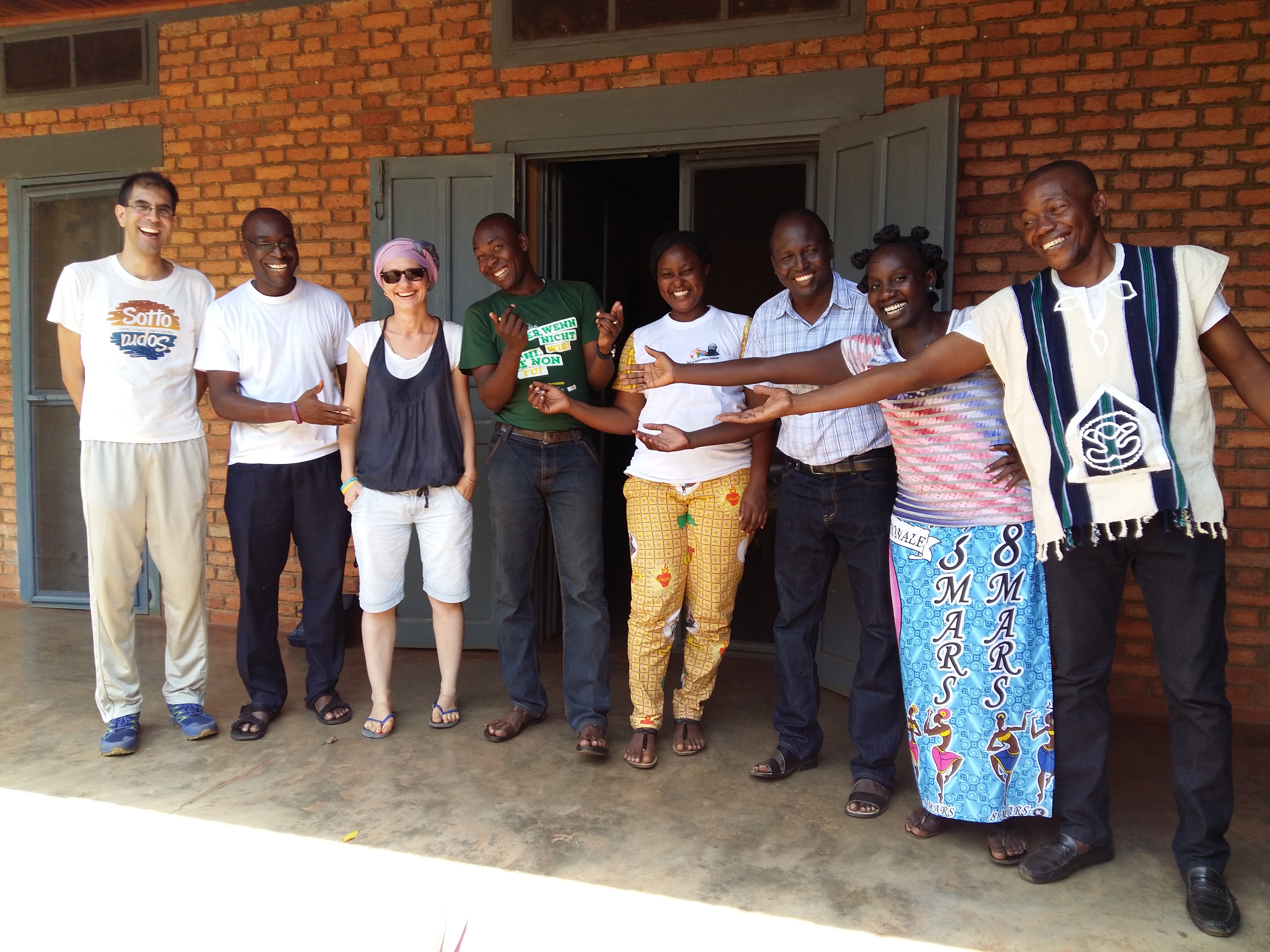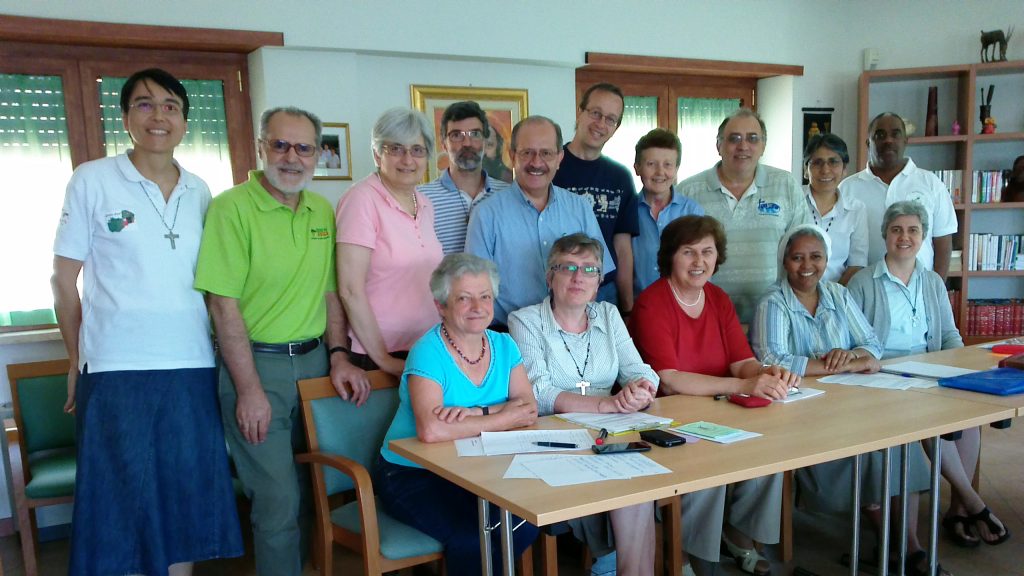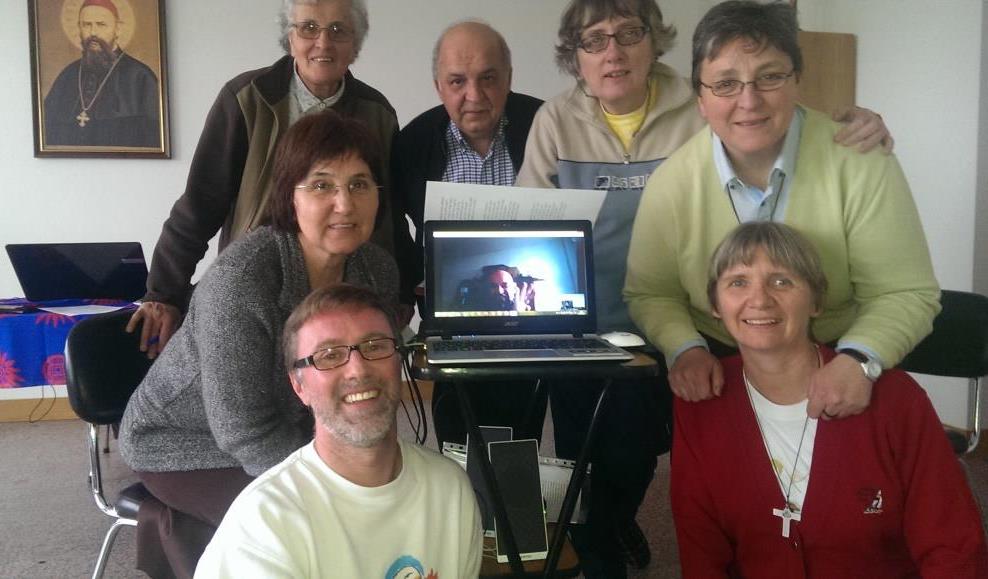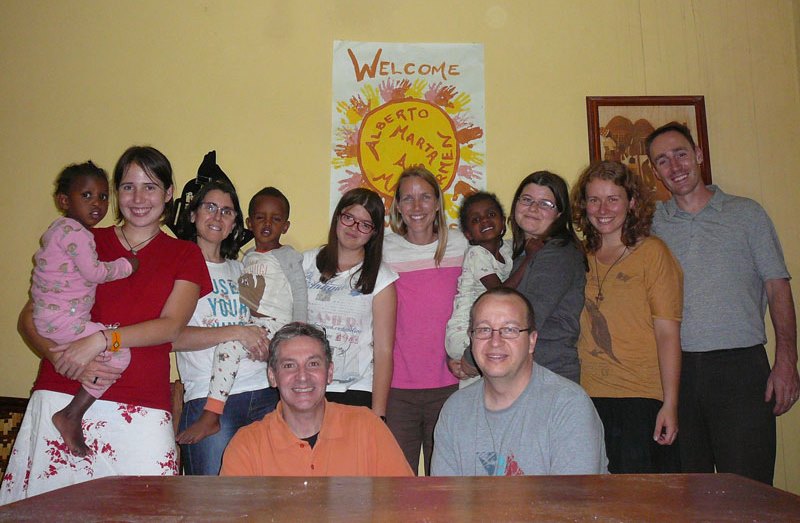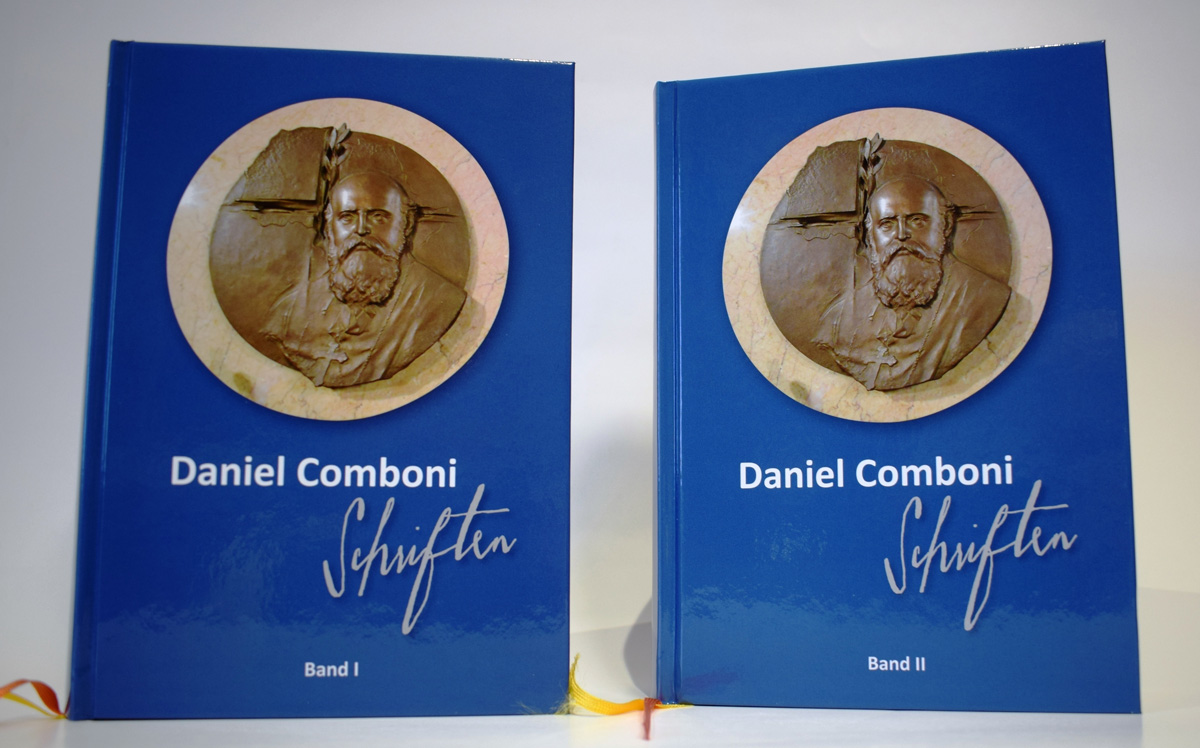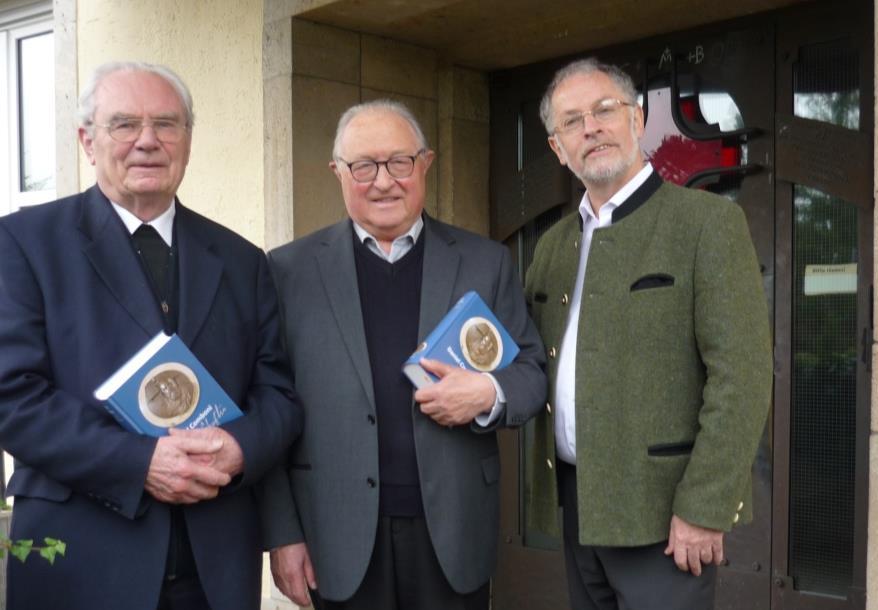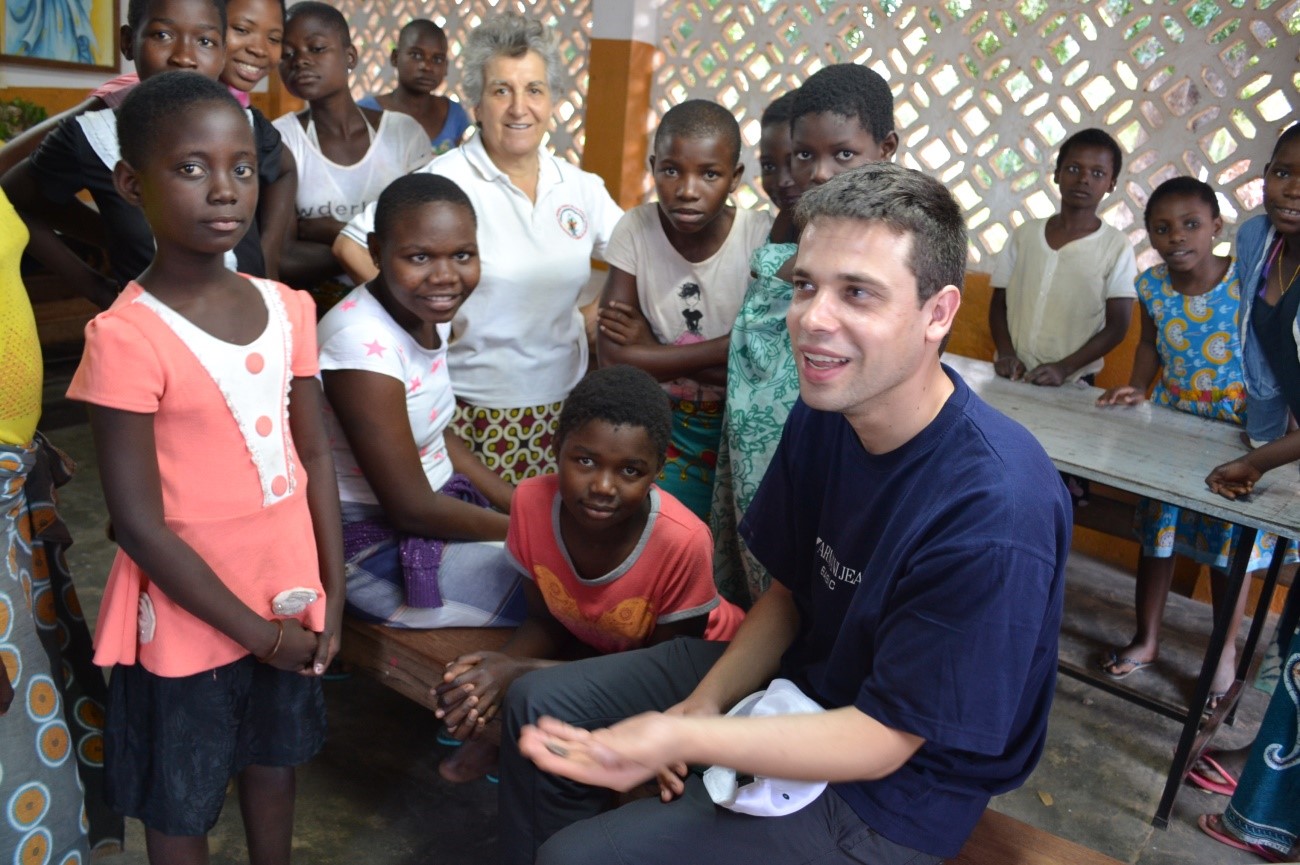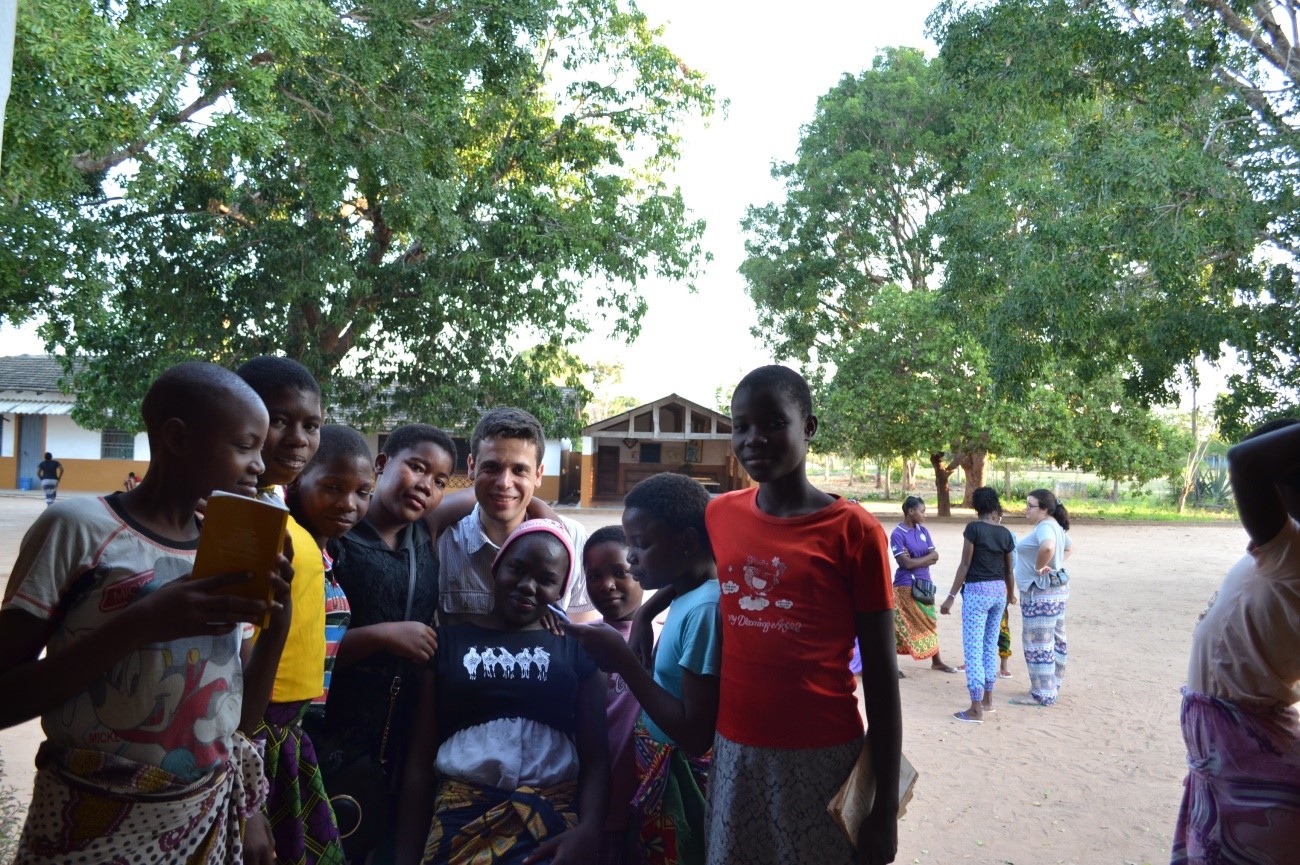Day 261 Remaining 839
Hi to one and all, how are you? … Here all is well. I left Bangui in a hurry on August 19 continuing to study Sango directly in the field in Mongoumba… these three months have passed in a flash… here’s another song to help me express the immensity I have lived…
… LIKE A RIVER by the Nomads…
Mongoumba…
IT SMELLS OF AFRICA, LIKE DREAMS MADE OF DIRT AND MUD, LIKE THE FEET OF A TIRED MAN WALKING, KNOWING THAT THIS LIFE IS BUT A JOURNEY, A ROAD OF WHICH YOU DON’T KNOW THE END, EVEN IF SOME DAY IT MAY LEAD YOU SOMEWHERE, IN THE VLAAGES OF STRANDED HOUSES, WHERE LIVING IS AN ALL OUT STRUGGLE.
Sunday, October 22. THE ROAD LED ME TO MOLABAYE, only seven miles from Mongoumba, like Emmaus to Jerusalem, in a two hour walk: 6:15-8:15 AM! It isn’t that the houses are built along the ROAD, but rather the ROAD meanders through the SCATTERED HOMES, made of DIRT AND MUD, WHERE LIVING IS AN ALL OUT STRUGGLE! It’s only 6:15, but everyone is awake and life begins. Some grind manioc to prepare a bit of food, others weave bamboo to be sold for some cash, others yet make bricks of DIRT AND MUD to build a house, some are bathing the children with a little bit of water in a pail, the barefooted children play with a ball made of woven leaves! The rhythm of the journey is slow… LIKE A RIVER, because everyone comes to greet me and from a distance, as soon as they see me, the children start jumping and yelling: “BWA, BWA, BWA (father)” or “MUNGIU, MUNGIU, MUNGIU,” which I think comes from “Bonjour, White man, and line up, shake hands, smiles aplenty, greetings left and right… There will be many JOURNEYS on this ROAD and in the LIFE of these people, because I have been given the pastoral care of the Southern sector of the parish… four chapels: Molabaye, Gouga, Ikoumba 1, and Ikoumba 2…
MANY TIMES I MET HIM DOWN AT THE MARKET, WITH THE FIGHTING SPIRIT THAT POSSESSES HIM, WITH THE WARRING SPIRIT OF A SOLDIER, WHO GETS UP 100 TIMES WHEN HE FALLS, KNOWING HE WILL RISE WITH A HUNDRED MORE, WHOM IN THE FIELDS HE SAW BEING BORN AND DIE, JUST AS A GUST OF WIND IS BORN AND DIES, HOPE AND THE YEARNING TO TELL THE STORY.
Here it’s a STRUGGLE. Fr. Alex Zanotelli would say that it is the STRUGGLE between the God of life and the System of death oppressing the Republic of Central Africa! Our battlefields, where we experience our human limitations. There are five Health centers spread around the parish, small clinics and pharmacies we try to visit regularly. One of them is in Safa Tavares. Moms arrive with their undernourished babies, we weigh them, measure them, make the PB test (measuring the girth of the arm, give them an appetite test with a little bag of PumplyNut (looks like very nutritional peanut butter), prescribe medicines and evaluate whether the child is slowly and with all our efforts is getting better. On paper, these operations are easy and simple, but the babies squirm, scream, yell with all the FIGHTING SPIRIT THAT POSSESSES THEM, they show all their SOLDIER’S WARRING SPIRIT, as a sign that they are full of life, they want to fight and struggle!
Mongoumba
IT HAS THE LOOK… OF THE WIVES, OF THE MOTHERS WHO EVERY NIGHT AWAIT WORRYING THE MORNING, AND EACH MORNING AWAIT FOR THE EVENING AND NEVER KNOW WHETHER TO LAUGH OR TO PRAY TO SOME GOD WHO’S LOOKING THROUGH THE WINDOW, FOR AT TIMES GOD DOESN’T KNOW WHAT TO LISTEN TO, AND DECEITFULLY MOVES ITS HEAD.
THE MOTHERS’ LOOK speaks… even though our languages are different! Often the MOTHERS’ LOOK screams “my child is sick… do something, please!” By the MOTHERS’ LOOK we already know the result of our struggle! Here the cold statistics of infant mortality take flesh, have a name, a face! At times at night we hear the screams of inconsolable mothers echoing from the hospital… “A cry was heard, a great cry and lamentation: Rachel crying over her children and does not want to be consoled…” (Mt 2:18) What words can bring consolation to a helpless mother who sees her child die?
There are mothers praying from morning to night… the refrain of the song sounds like the cry of the women to God… “TO THE LORDS OF WAR WE GIVE BLOOD, BECAUSE IT IS A BLOOD THAT WILL FLOW FAR, LIKE A RIVER CROSSING A CONTINENT AND INVADING THE OTHERS EVER SO SLOWLY.”
OFTEN I HAVE MET IT IN THE SLUMS, IN THE ALLEYS IN BETWEEN PALACES,
LIKE A BEAM OF LIGHT TARGETING THE BAREFOOTED CHILDREN, AND THERE ONCE AGAIN IT TIGHTENS ITS FISTS AND AGAIN IT RUNS TO FIGHT,
IT HAS A HORSE FASTER THAN THE WIND, A WIND WHICH IS ABOUT TO CHANGE.
The children provide the rhythm of our day… they are our clock… after morning Mass you here their chattering in the yard, time to finish the tea and start school at 7:30… silence: everyone is at school… cries of joy: it’s recess at 10:30… silence: everyone is in school again… cries of joy: school is over at 12:30, time to eat! After a time of silence, tiny heads and inquiring eyes POP UP at the window, you raise your head and they are gone, FASTER THAN THE WIND, and you hear them RUNNING BAREFOOT down the verandah whispering “Augustaaa, Annaaa, Simoneee.” Then everything disappears and it is time for night prayers and the mothers’ prayer becomes our own… “TO THE LORDS OF WAR WE GIVE BLOOD, BECAUSE IT IS A BLOOD THAT WILL FLOW FAR, LIKE A RIVER CROSSING A CONTINENT AND INVADING THE OTHERS EVER SO SLOWLY.”
… because God KNOWS WHAT AND WHOM TO LISTEN TO!!!
Let’s hope the WIND WILL INDEED CHANGE!!!
Greetings, hugs, a kiss, a prayer and THANK YOU… I almost feel like wishing you Merry Christmas, because I don’t know when I will be able to get out of Mongoumba again!
Bye-bye
Simone CLM




